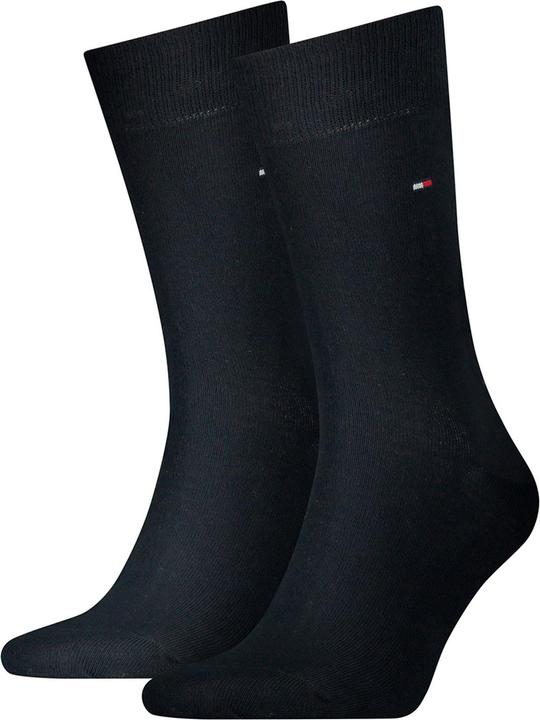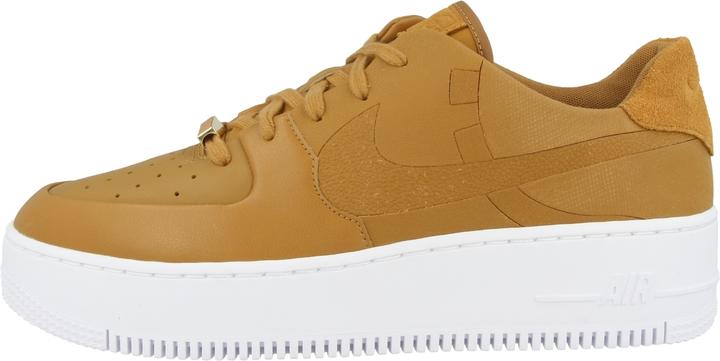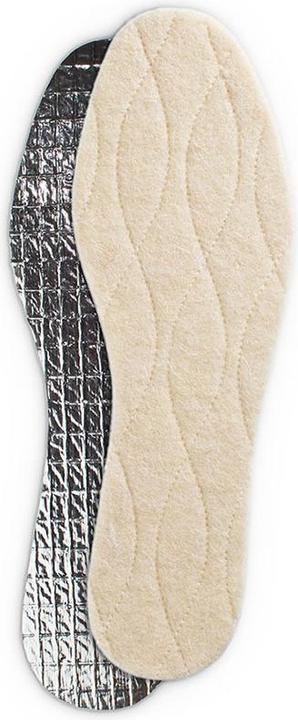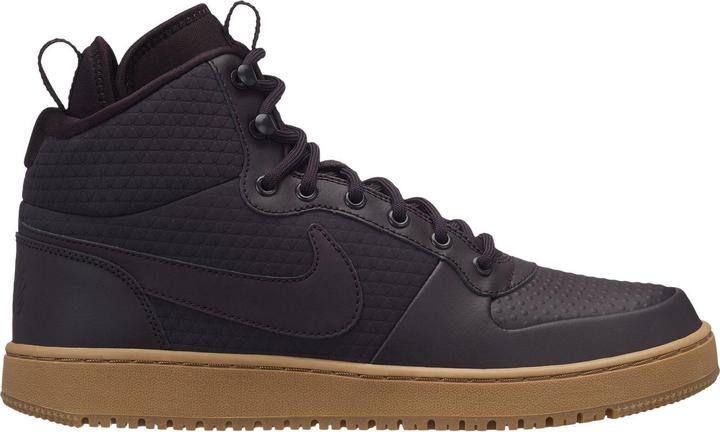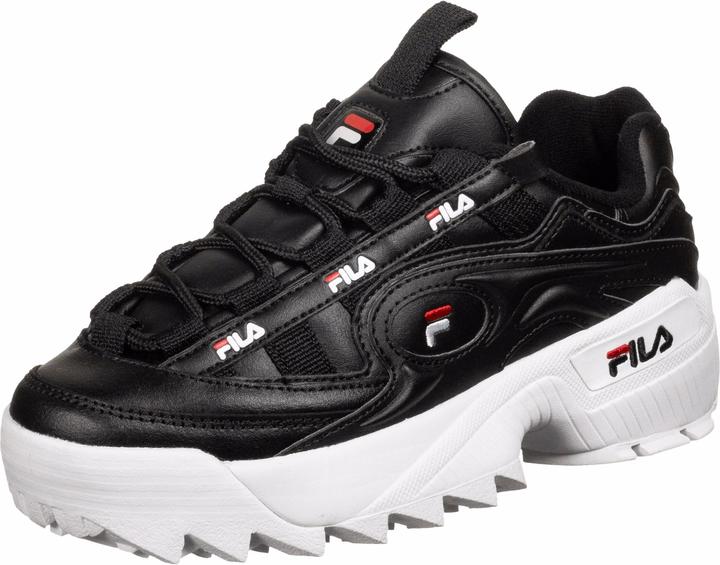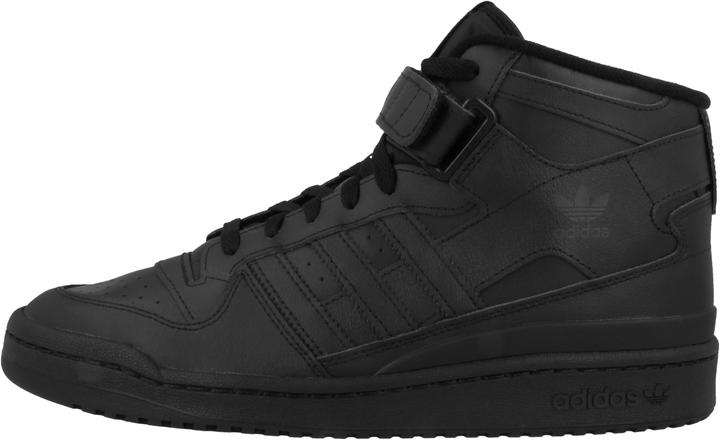

How to wear your trainers in cold temperatures
Don't want to be without your trainers in autumn and winter? What to look out for when buying them and how to make them weatherproof.
Sneakers are not only stylish, but also comfortable. That makes them a reliable everyday companion that I hate to be without. Even wintry weather can't stop me from wearing them. To make sure I don't get cold feet despite sub-zero temperatures, I rely on this list of points.
#1 cut
If you're tough and your feet are cold-resistant, you can skip this tip. If not, I recommend a high-top sneaker. This is a high-cut model that rises above your ankle and keeps your feet warm. Another advantage: the higher shaft also means they are better protected from rain or slush.

#2 Socks
If you don't think much of high-top models, warm up in your favourite low sneakers with thick socks. By that I mean tennis socks, not short trainers. After all, your ankles should be covered. If tennis socks aren't your thing, go for a model that matches the colour of your kicks or trousers. This will ensure a smooth and harmonious transition.
Please don't get the idea of wearing skin-coloured stockings or socks. These are an absolute no-go because they are anything but "invisible".
#3 Sole
Because floors give off cold, a thick sole is a must. Don't worry, you don't have to go for platform soles à la Buffalo Shoes or wedge sneakers, but: the thicker the sole, the warmer your feet will stay.
Ugly dad trainers are ideal for cold temperatures due to their chunky soles. Also make sure your shoes have a good tread. This gives you a secure grip on the road on slippery leaves and icy surfaces and prevents you from the odd crash landing.
#4 insole
In addition to high-top models, there are now also lined kicks that keep your feet warm. To avoid having to buy a new pair, you can opt for special lambskin insoles or vegan fur insoles instead.
A less fluffy alternative are thermal insoles, which are equipped with an aluminium layer to keep the cold out. These are not quite as bulky and take up less space in the shoe than a fur insole.
#5 Material
So that your feet don't get wet in the rain or snow, you should now send fabric shoes made from canvas and the like into their winter break. Light-coloured suede is also not suitable for wet conditions, as it quickly looks grubby.
Bevorzug Modelle aus Goretex, Synthetik, Glatt- und nubuck leather. These materials are particularly robust.
#6 Care
To make your kicks water and dirt repellent, treat them with a waterproofing spray before wearing them for the first time. You can increase the protective effect by spraying them again after around thirty minutes. Repeat this process every six to eight weeks to ensure that your trainers get through the winter safely. Speaking of safety: you should always waterproof your items outdoors, as the spray contains harmful substances.
#7 Colour
There are different opinions about the colour of sneakers: should they stay snow-white or are they better when they're "well-groomed" and dirty? If you prefer a pristine white colour, you'd better bunker them in your shoe cupboard now, because leaves, mud and sludge quickly make them look grubby.
That's why I recommend a model in a dark colour to play it safe. But make sure you don't wear them in the snow, as road salt will leave white marks on your shoes. A waterproofing spray can also help here.
How do you make your kicks suitable for winter? Tell me in the comments column. Click here for the sneaker range.
When I’m not exploring the depths of the sea as an open water diver, I enjoy plunging into the world of fashion. On the streets of Paris, Milan and New York is where I keep my eyes peeled for the latest trends. And I’ll show you how to take them from the catwalk to your everyday life.
Practical solutions for everyday problems with technology, household hacks and much more.
Show all